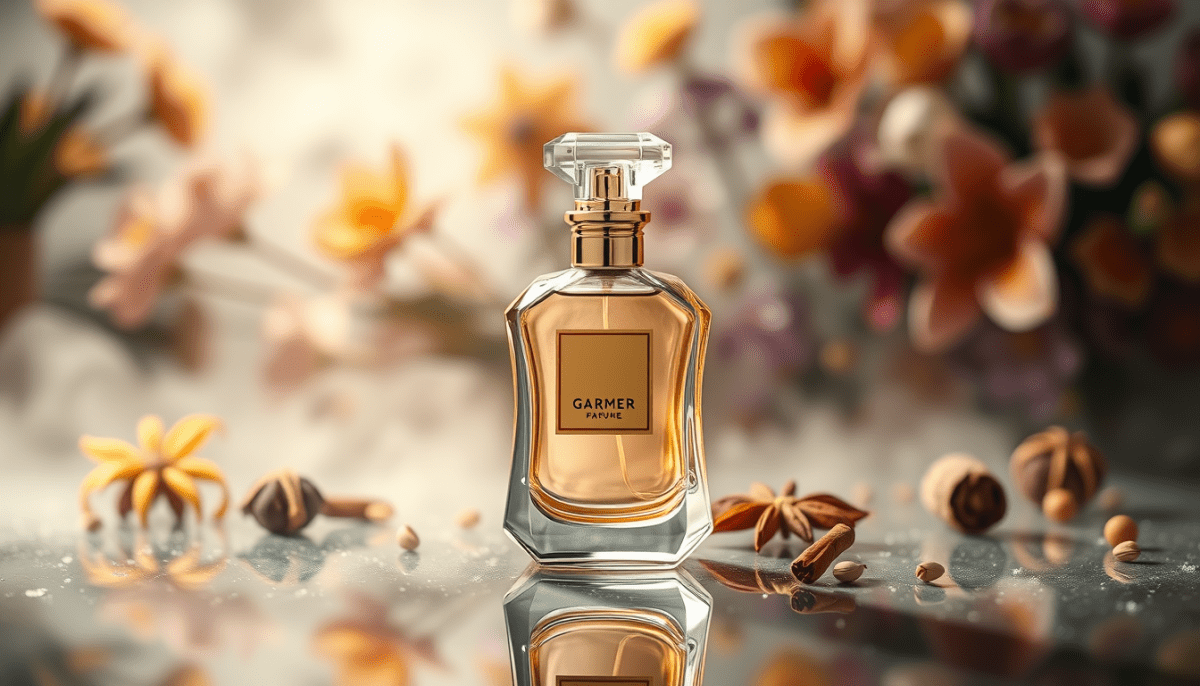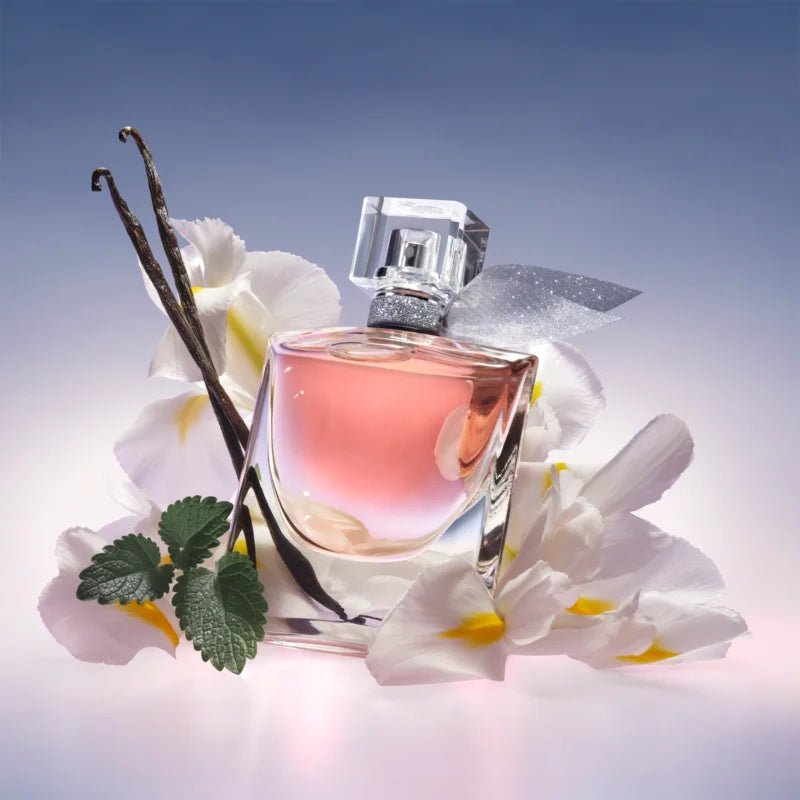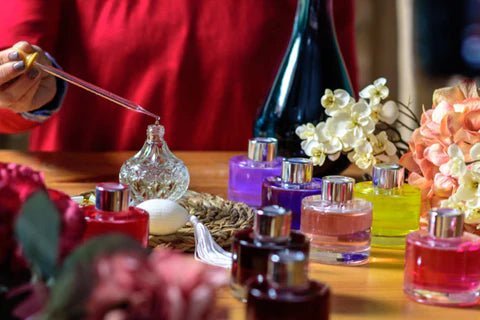
The Aromatic Magic of Essential Oils: A Journey into Nature's Fragrant Treasury
Essential oils are the precious essences extracted from various plants, flowers, fruits, and other botanical sources. These potent and aromatic oils have been treasured for centuries for their therapeutic properties, captivating scents, and profound connection to nature. In this blog, we will embark on a fragrant journey, exploring the diverse and enchanting world of essential oils, their extraction methods, and the ways in which they enhance our well-being and fragrance experiences.
The Essence of Extraction:
Essential oils are extracted through several methods, including steam distillation, expression, and solvent extraction. Steam distillation is the most common method, involving the passing of steam through plant material to extract the volatile compounds. Expression, also known as cold-pressing, is used primarily for citrus oils, where the oils are mechanically squeezed from the peels. Solvent extraction is employed for delicate flowers and produces absolutes.
Therapeutic Benefits:
Essential oils are renowned for their therapeutic properties and have long been used in aromatherapy, holistic healing practices, and natural remedies. Each oil carries a unique combination of chemical compounds that contribute to its specific benefits. For example, lavender promotes relaxation, peppermint invigorates the mind, and tea tree possesses antimicrobial properties. From emotional well-being to physical ailments, essential oils offer a holistic approach to health and wellness.Popular Essential Oils:
There is an extensive array of essential oils available, each with its distinct aroma and therapeutic qualities. Some of the most popular and versatile essential oils include:- Lavender: Known for its calming and soothing properties, lavender is widely used to promote relaxation, alleviate stress, and aid in sleep.
- Rosemary: With its invigorating scent, rosemary is often used to improve focus, boost memory, and uplift the mood.
- Eucalyptus: The refreshing and clearing aroma of eucalyptus is commonly used for respiratory support and promoting a sense of vitality.
- Lemon: The bright and citrusy scent of lemon essential oil is energizing, purifying, and can help uplift the mood.
- Tea Tree: Tea tree oil is prized for its antibacterial, antifungal, and antiviral properties, making it a valuable ingredient in skincare and natural cleaning products.
- Peppermint: Peppermint essential oil is invigorating and cooling, commonly used to soothe headaches, ease digestion, and provide a refreshing sensation.
Fragrance and Perfumery:
Essential oils form the backbone of perfumery, providing the aromatic notes that create captivating and unique scents. From floral and fruity to woody and spicy, essential oils contribute to the diverse fragrance families and offer an unparalleled olfactory experience. Rose, jasmine, bergamot, sandalwood, and patchouli are just a few examples of essential oils cherished by perfumers for their enchanting scents and ability to evoke emotions and memories.Blending and Synergy:
One of the remarkable aspects of essential oils is their ability to blend harmoniously and create unique aromatic synergies. By combining different essential oils, complex fragrance profiles can be crafted, allowing for customization and personalization of scents. The art of blending essential oils requires an understanding of fragrance families, notes, and olfactory preferences, resulting in a truly tailored and captivating aroma.Safety Considerations:
While essential oils offer numerous benefits, it's important to use them safely and responsibly. Some essential oils may cause skin sensitivity or interact with certain medications. It is advisable to dilute essential oils before applying them topically and conduct a patch test. Pregnant women, children, and individuals with specific health conditions should exercise caution







